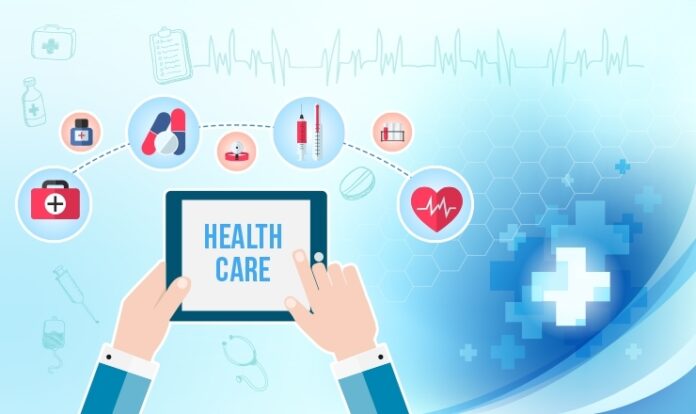Big data is the most echoed word in the corporate world for solving problems, especially during these days. It has been also used in the health care field to track and trace infection, manage healthcare talent and medical supply chains and plan for a healthy economy. But an imbalance between the data and its privacy can reverse the effects.
In the current scenario, regulators have much focused on the demand side of the data equation, but they’ve failed to look at the supply side of data. That is, corporate applications like Facebook, Google and Uber use or sale private citizens’ data without their awareness, but they are less focused on the source, creator, owner, etc.
Blockchain technology enables us to use our digital data to improve livelihood. It also ensures data security wherever it is to be used. It is time to start with the application to the healthcare field.
Why health data is important?
- We can’t use our own data to plan for long-term healthcare while third parties like American Medical Collection Agency (AMCA) can access, often without our knowledge.
- We are not rewarded for any data usage. Also, the saddest part is many of these can be regarded as data malpractice since the hacked data is not used to improve our healthcare outcomes.
- We are unable to monetize or manage these datasets for ourselves or for our study.
- The data privacy may be in a risky position.
We should be able to take advantage of the existing technologies to manage our data to our own use. IoT, AI, Blockchain etc. are the prevailing technologies that can help us to check insulin level, blood pressure level, etc. Thus data privacy, data security data monetization and access could be advocated.
Many organizations are launching platforms to enhance the patient experience and to facilitate clinical research using patient data. When patients consent, the software automatically encrypts and records details of the consent transaction, and also records who accessed the data, at what time, and for what purpose.

